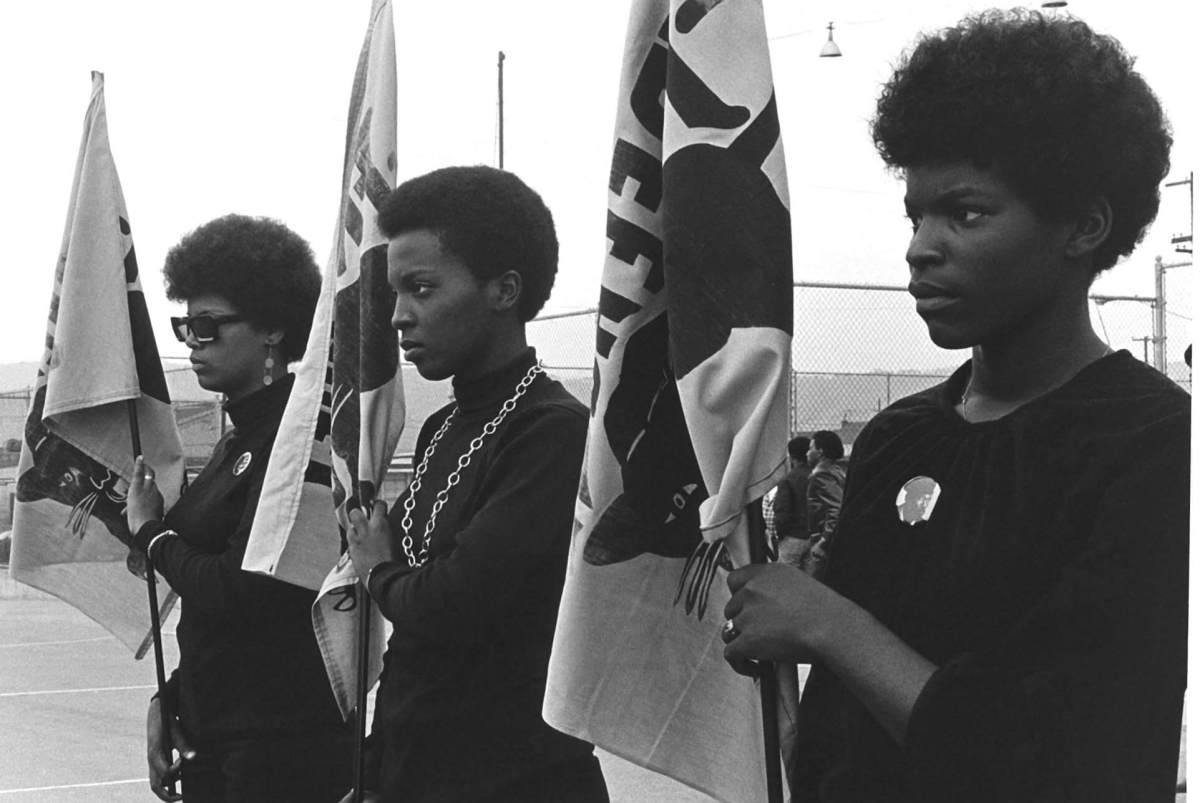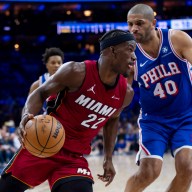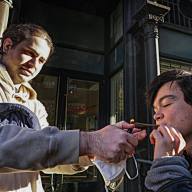‘The Black Panthers: Vanguard of the Revolution’ Running through “The Black Panthers: Vanguard of the Revolution” are sights and sounds and words that sound very today. Abusive police manhandle (and worse) black activists. Lilywhite conservative pundits decry same. Authorities speak in frightened tones of a coming “Black Messiah,” whose materialization they wish to snuff out, even if by what’s effectively an execution.But Stanley Nelson’s doc doesn’t over-stress the connections to our present. It wants to be about the past. Mainstream-wise, Black Panther cinema has been relatively thin-on-the-ground, meaning one of the best mediums for mythologizing has largely passed them by. There’s a largely forgotten, partly fictitious biopic (Mario Van Peebles’ “Panther”), a one-man Spike Lee film that played on TV (“A Huey P. Newton Story”), but for the most part the Black Power activists have been regulated to walk-ons that are unflattering (“Forrest Gump”), too meager (“Lee Daniels’ The Butler”) or noble but set after the party’s heyday (“Night Catches Us”). RELATED: “Best of Enemies” brings back the Gore Vidal-William F. Buckley fights “Vanguard of the Revolution” is the corrective, and the talking heads seen in the doc’s opening minutes are eager to tell the true story, and not just one that’s flattering to them. “It wasn’t nice and clean,” one says, tipping the hat to some of the more violent antics raised by both party members and the authorities, and to how the movement split and frazzled in the ’70s. The tone is one of knowing reverence for a group so often demonized in the press. Bathing us in the tried and true historical doc combo of reams of killer archival footage and euphonious period music, it summons up both an era and a feeling, when the civil rights movement moved towards a greater community outreach that wound up going national. Even the cops from the era who lend their commentary to Nelson’s film tend to speak of them glowingly. They admired the way Panthers would openly carry firearms, albeit in a way that was both just within the law and showed real confidence. They turned swagger into a political weapon. Nelson and his subjects — calm and collected, even when detailing the murder of Fred Hampton by what was effectively a government death squad — touch on the necessary, and sometimes ignored, sides: their breakfast program, their work within communities and their sometimes, not always, reluctant allowance of women and other races into (or at least around) their fold. (Women take up about half the talking heads, and they speak about how, by the end of the ’60s, they took up a large portion of an organization whose iconic image was armed manly men in leather jackets and berets.) Among those Nelson lets into the film’s ranks are the Puerto Rican Young Lords, the hillbilly Young Patriots, plus white journalists and the aforementioned often impressed police. Among those mysteriously AWOL are Angela Davis, without whom a chronicle of the Black Power movement is nearly unimaginable, but apparently, given “Vanguard”’s existence, only nearly. This ultimately isn’t the last word on the Panthers, but it’s equal parts exposition and fire.
Director: Stanley Nelson
Genre: Documentary
Rating: NR
4 (out of 5) Globes
‘The Black Panthers: Vanguard of the Revolution’ gives the Party a real movie

Freight Films
Follow Matt Prigge on Twitter @mattprigge
















